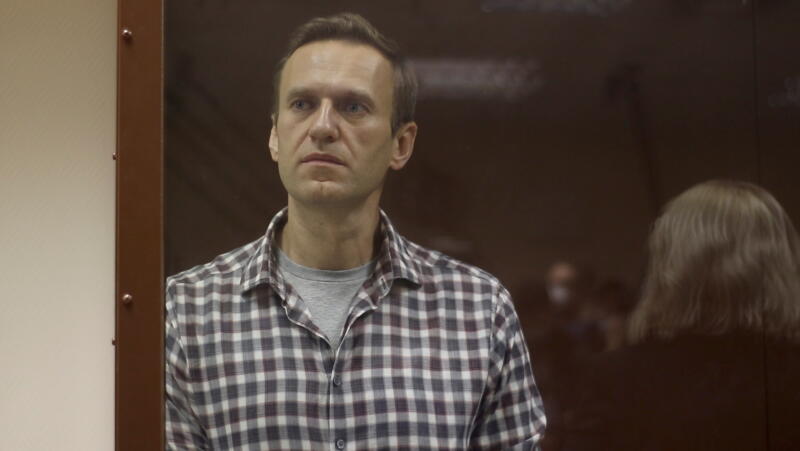EU to sanction four people over Russian poisoning of Kremlin critic Navalny
Sign up now: Get ST's newsletters delivered to your inbox

The additional sanctions mark a new low in relations between the EU and Russia following Alexei Navalny's poisoning.
PHOTO: REUTERS
Follow topic:
BRUSSELS (BLOOMBERG) - The European Union is set to sanction four Russians over the poisoning of Vladimir Putin's most prominent critic, Alexey Navalny, according to three people familiar with the matter.
One of the people said the list would include senior law enforcement officials in Moscow and St Petersburg.
EU foreign ministers on Monday (Feb 22) gave the green light to applying restrictive measures, said the people, who asked not to be identified because the discussions were private.
The sanctions list is expected to be finalised and approved by a group of legal experts representing the bloc's governments. Once that's done, the member states can formally adopt the measures, which will require unanimous support from all 27 nations.
"Russia is on a confrontational course with the European Union," Mr Josep Borrell, the EU's top diplomat, said before the meeting in Brussels.
"In the case of Mr Navalny, there is a blunt refusal to respect their engagement, including the refusal to take into account the decisions of the European Court of Human Rights."
Fraying relations
The additional sanctions mark a new low in relations between the EU and Russia following Navalny's poisoning and a trip by Mr Borrell earlier this month to Moscow, where he was embarrassed by his counterpart, Mr Sergei Lavrov, who disparaged the bloc.
Still, the narrow focus of the punitive measures won't have a material impact on the Russian economy, thus potentially allowing channels of communication between Europe and the Kremlin to stay open.
Allies of 44-year old Navalny, who was sentenced by a Russian court to two years and eight months in jail, have called on the bloc to sanction senior officials, state bankers and billionaires such as Mr Roman Abramovich and Mr Alisher Usmanov.
A spokesperson for Mr Abramovich has said there's no foundation to claims made against him by Navalny and his allies. Mr Usmanov has not responded to requests for comment.
Before the meeting in Brussels, German Foreign Minister Heiko Maas said he was "in favour of preparing the ordering of sanctions", adding that it was important to keep communications open between the two sides to help resolve international conflicts.
"The relations we currently have between the EU and Russia have clearly reached a low point."
Separately, the EU said it's prepared to use sanctions against those responsible for the military coup in Myanmar on Feb 1.

